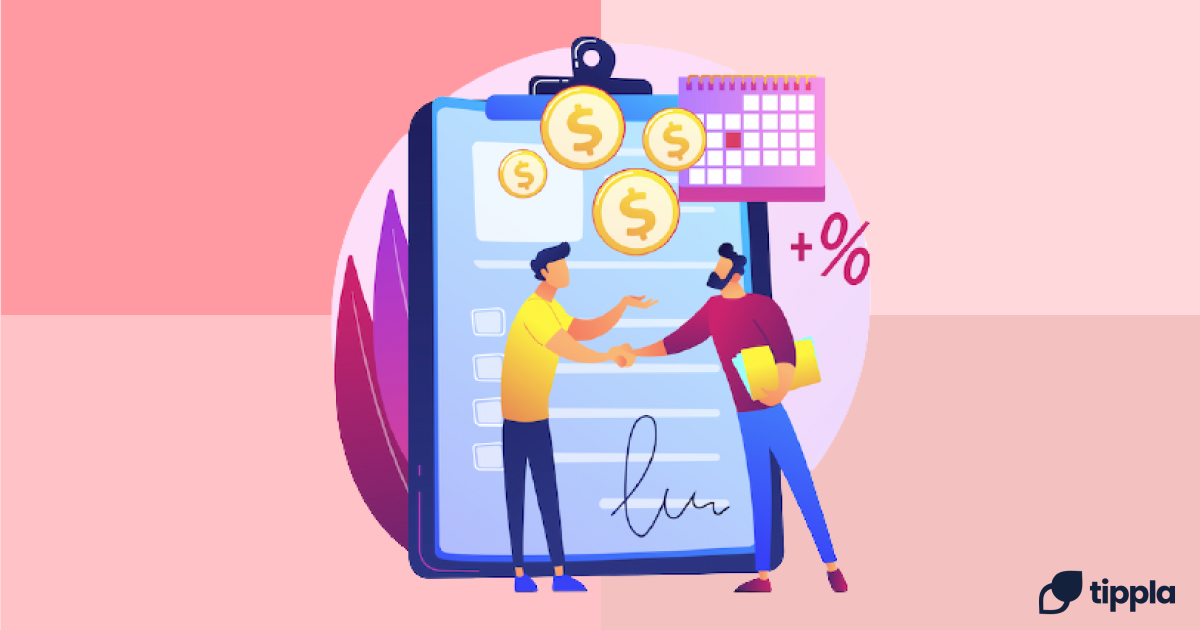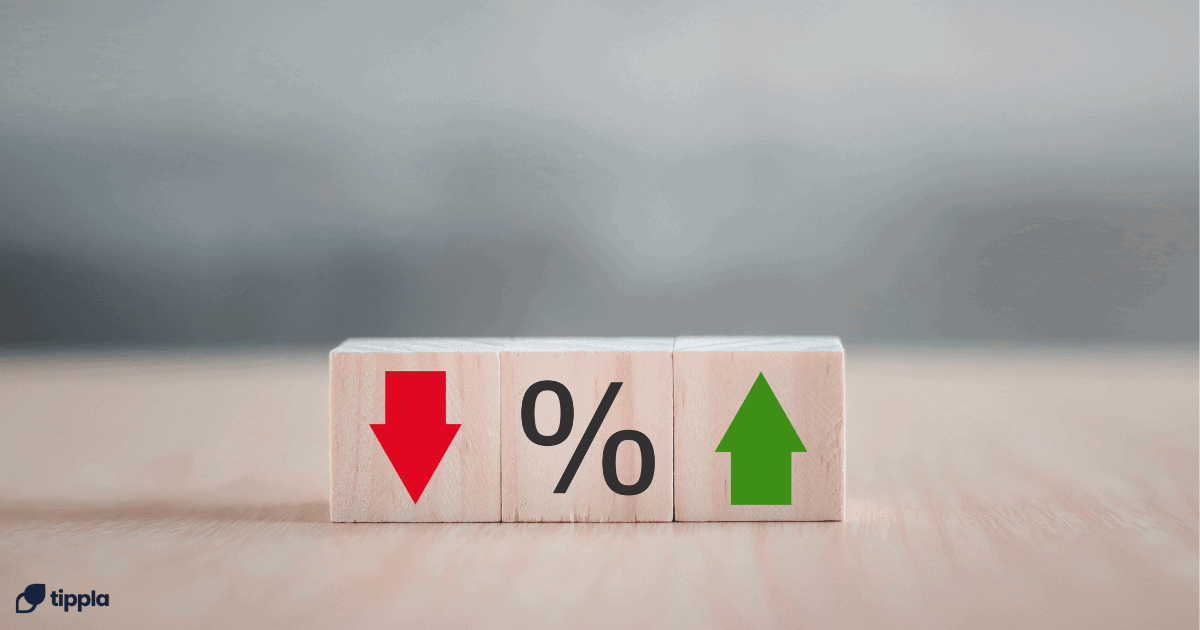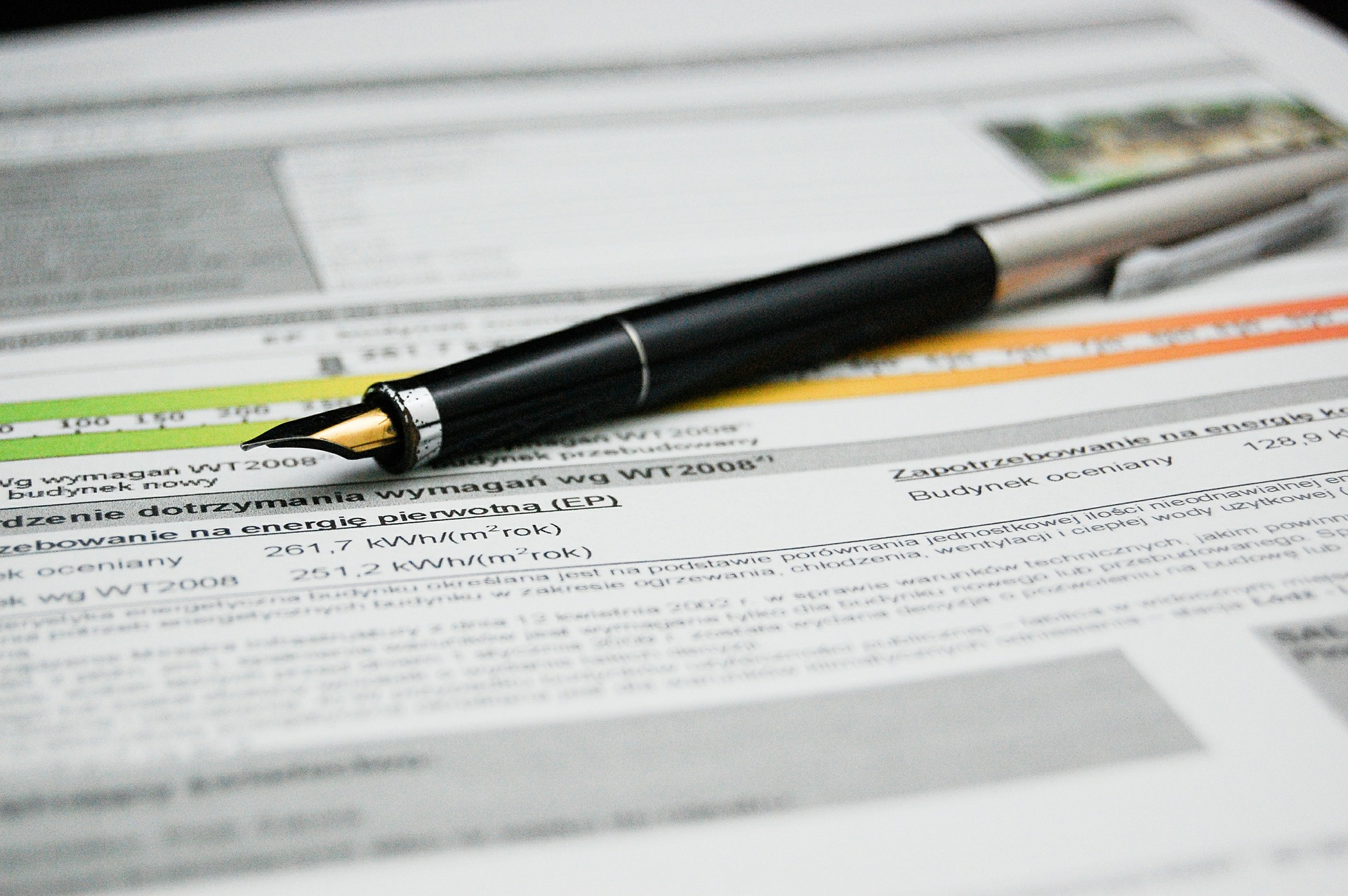Published in July 28, 2021
What happens at the end of a car lease?

Car lease coming to an end? Here’s what happens next
There are three options you can consider at the end of your car lease: Trade it for another lease, return it, or buy out the car. However, if you choose to buy the car, you might end up paying more than the car’s worth, so go about the process carefully. Leasing a car works the same way as signing a contract for a long-term rental.
You can lease your car from either a car dealership or through your bank. Initially, with your lease, you have to make a down payment (otherwise known as capital reduction), and from there you make monthly payments for the remainder of the lease term plus interest. If you decide to end your lease early, that might be a costly decision due to early cancellation fees, so be prepared.
When you lease a car, you’re still responsible for any maintenance. Additionally, you’re also responsible for services, unless your car is new, your services will most likely be covered under manufacturer car warranty. While leasing a car, it’s important to keep it in good condition, as you may be charged damage fees.
End of a lease
Most leases go for 24 to 36 months, and at the end of your lease, you have a few options:
– Trade in the vehicle for a new lease
– Return your car at the end of the lease and leave without a car
– Buy out your car, (but look carefully at the terms of your lease and the condition of the car to determine whether this option makes financial sense)
Let’s look at some of the pros and cons of all the options you have at the end of your lease.
How to prepare for the end of a lease
When returning a car, it’s best to go back to the same dealership you initially leased it from. If you can’t return it to the original dealership, make arrangements to return the car at another one of the manufacturer’s dealerships.
Before returning your car, it will most likely undergo a lease inspection. That’s when fees will be charged if there’s any excessive damage. Things the inspector will look for will include any:
– Scratches on the vehicle’s exterior
– Cracks in the windshield or any other windows
– Excessive wear on the tires
– Interior damage to the car (including stains or burns)
Your lessor will arrange the inspector either days or weeks before the day you’re meant to return your car. Therefore, it may be a good idea to have your car cleaned and serviced before the inspection.
When returning your vehicle, make sure you also return anything that came with it such as extra keys, original floor mats, accessories or tires. Finally, before returning your car, you need to consider your options: Do you want to lease a newer car? Or are you considering buying out the car you were leasing? Let’s delve into those options:
What are your options at the end of a lease?
You essentially have three options to consider at the end of your lease. Those options are, starting a new lease for a new car, end the lease and leave without a car, or fully buy the car you were leasing. Here are the pros and cons of all the listed options.
Trading it in for a new lease
You can return your leased car and sign a new lease for a newer model. However, the process isn’t always too simple. When returning a car at the end of a lease, you’ll have to pay a disposition fee. This is a flat fee that you would’ve agreed to pay when you signed your contract.
The average disposition fee ranges between $250 and $400, and it covers the costs for the dealership to turn around and re-sell your car. You will be charged additional fees for any damage (internally or externally) done to the vehicle.
However, if you plan on starting a lease on a new car from the same dealership, you may be able to negotiate the fees as some will waive the fee if you sign a new lease.
If your lease is close to its end date, you might’ve already heard from your dealership. Many offer deals to get you to renew your lease such as offering to waive the last months of your current fee and letting you sign up for a new one early. Those offers may also include waiving any fees correlated with wear and tear if you sign a new lease.
Although getting a new lease with the same dealership can be an affordable offer, you should still compare other dealerships before signing a new one.
Other manufacturers may also offer deals to lease from them to encourage you to switch dealerships and gain your loyalty. Compare offers as if you were shopping around for your first car – make sure you don’t get caught in a cycle of leasing car after car from the same dealership if you do find better offers with other dealerships.
Returning a leased car and walking away
There are a few reasons you might not start another lease when returning your car. A reason could be that you have another car and you’ve decided to downsize and stick with just one car. Another reason could be that you may want to buy a new car and want to shop around. Regardless, you’ll need to pay all the fees that might be waived if you were signing onto a new lease.
Be prepared to pay the disposition fee in full, as well as any additional fees for damage or wear and tear. Additionally, you’ll also need to late fees if you return your car after the termination date on your lease. Finally, if you’re all settled up, you’d be free to go.
Buying your car at the end of the lease
The third option you can consider is purchasing the car you’ve been leasing. This is referred to as leasing to own and can be appealing to many drivers. It may be that you’ve come to enjoy the car you’re leasing, or maybe it was your plan all along, or you damaged the car or went over your designated mileage, and it now makes sense to buy the car rather than pay fees. However, buying a car you leased might not always be the most cost-effective to car ownership, and here’s why.
Listed in your contract is the value of your leased car by the end of the lease, otherwise known as the residual value. Let’s say you leased a Honda Jazz with an MSRP of $20,000 at the start of the lease. Your contract states that you have the option to purchase and own the car at the end of your lease for $10,000, that means your car’s residual value is $10,000.
By the time your lease is up, you might want to purchase the car – but the car’s actual value may be less than the residual value outlined in your contract. If your car’s residual value turns out higher than its actual value, you’re better off returning it and buying a different one. On the contrary, if the residual value is equivalent to the actual value of the car, buying it might be a smart idea. However, you will need to consider some costs.
Your dealer may offer you deals on buying a leased car financing it with them, however, you should shop around before you make your final decision, as you may find better deals on different cars.
Do you get money back at the end of a car lease?
If you have a car lease and you’ve taken great care of your leased car and end up having fewer kilometres on your odometer than what you were allotted in your agreement, you may have less residual value than stated in your lease contract.
Say your residual value on your leased car was $14,000, and by the time your lease is up you’ve driven it so little and maintained it so well, it’s independently valued at $14,500. That positive $500 difference is referred to as lease equity.
However, having lease equity doesn’t mean your dealership will give you a check. If you’ve built up that equity by taking care of your car and then simply return it at the end of your lease term and walk away, you’re wasting that equity. The way save on your lease equity is by putting it towards either a new lease or the cost of buying your leased car.
Getting a car lease vs. buying a car
Most people have two options when needing a new car: either lease a brand new car or buy a new or used car with a car loan. No matter the option you choose, you will be making monthly payments on your car regardless. Here are some pros and cons of leasing a car as opposed to buying one.
Pros of car lease
Getting a car lease is a popular option as it comes with some perks such as:
– You get to drive a brand new car
– The monthly payments are lower the cost of financing a car
– You’d be covered by warranty as it’s a new car
Cons of leasing a car
There are plenty of financial experts out there who advise drivers never to lease a car due to some disadvantages. The cons include:
– It turns out to be pricier than buying in the long run
– You have restrictions on your driving, like with the number of kilometres you’re allowed to drive
– Gain no equity as you’re not the car’s owner
Pros of buying a car
The best way to get a car from a financial standpoint would be to buy it outright with cash, however, this option isn’t always suitable for everyone. Therefore, a lot of people stick with buying a car with a loan and paying it back. Similarly to getting a car lease, financing a car also has its benefits:
– Your payments go towards owning the vehicle
– Buying is generally cheaper than a car lease in the long term
– You have no restrictions on your driving
Cons of buying a car
Taking out a car loan also has its negatives:
– Monthly payments are higher than leasing payments
– It depreciates over the time you own it
– You have to maintain an older car as opposed to leasing a newer model.
Buying a car usually makes more financial sense than leasing one – especially buying one that’s hardly been used. However, if you’re only planning on having a car only for a short amount of time, or if you’re someone who prefers constantly having a new vehicle, then taking on a car lease might best suit you.
Like what you’re reading? Tippla has plenty of other interesting and informative articles! You can read up on green loans or how to switch banks! Tippla can also tell you your credit score and how to improve it! Sign up today!
While we at Tippla will always do our best to provide you with the information you need to financially thrive, it’s important to note that we’re not debt counsellors, nor do we provide financial advice. Be sure to speak to your financial services professional before making any decisions.
Related articles

What are the Different Types of Personal Loans?
25/10/2021
Are you looking for a personal loan but you’re...

The Role of Interest Rate Caps in Loan Products
13/06/2024
Interest rate caps have a significant impact on loan...

Checking accounts vs. Savings accounts
28/07/2021
There are a lot of similarities between checking and...

Tippla Has The Lowdown On Signature Loans!
28/07/2021
What are signature loans? Signature loans are usually given...
Subscribe to our newsletter
Stay up to date with Tippla's financial blog